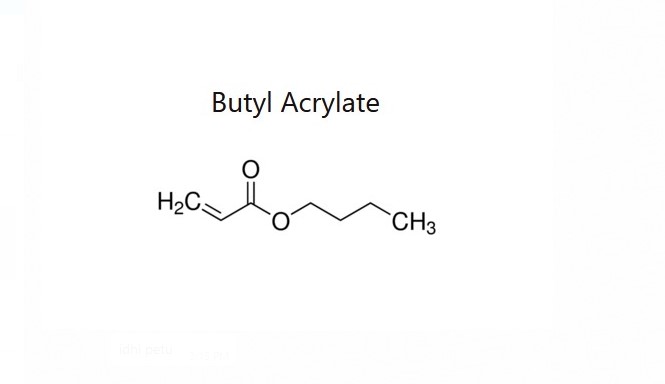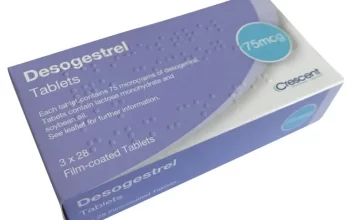Esters are organic compounds having hydrogen, carbon, and oxygen. They’re formed through esterification – a reaction between alcohol and carboxylic acid. During this reaction, a water molecule is eliminated, creating an organic compound. There are many types of esters, such as ethyl acetate, butyl acrylate, and methyl formate.
These compounds are commonly known because of the pleasant taste, smells, and flavors that they produce. Read on to know the importance of esters.
Use of Esters in everyday life
1. Formation Of Oils And Fats
Without oils and fats, your food will not be as tasty as it is. Oils and fats are produced by a reaction between glycerol and fatty acids. The molecules formed are known as triglyceride esters because every reaction requires a glycerol molecule.
2. Food And Drug Preservation
Industries use esters called parabens to preserve food and drugs. That’s because they can inhibit the growth of microorganisms like yeast and mold.
Some esters are also used to manufacture medical drugs. Aspirin is an example of a drug manufactured from organic esters. The acid used to make drugs is usually salicylic acid that has hydroxyl and carboxylic groups. They can react as alcohol or acid.
It’s salicylic acid responsible for reducing temperature and headache pains when you swallow an aspirin tablet. Studies also show that it reduces the chances of a blood clot and inhibits heart crises. When salicylic acid is added to an acetyl group, its acidity effect decreases, becoming tasteless.
The acids produced by esters may excite the stomach walls and cause ulcers. That’s why most doctors recommend crashing aspiring tablets and dissolving them in water before swallowing. Some types of aspirin are mixed with alkaline substances to neutralize their acidity. This makes it not corrode the stomach.
3. Making Polyesters (Polymers)
Polyesters are formed when two monomers –dihydric alcohol and dibasic acid are condensed. Dacron fiber is an example of a polyester made from a reaction between ethylene glycol and terephthalic acid.
The condensation process takes place until the alcohol completely reacts with the carboxylic group. When the process is repeated, a long molecule called a polyester is created. Dacron is a polymer that can be used to manufacture artificial heart valves and replace spoiled arteries. Polymers are also used to manufacture textiles.
4. Manufacturing Soap
When triglycerides are hydrolyzed in strong alkalis like sodium hydroxide or potassium hydroxide, glycerol is produced. This reaction is known as saponification and is used to manufacture soap. The long-chain molecules give it the power to eliminate dirt from surfaces, shirts, human skin, and other solids.
Their sweet-smelling property and low molecular mass also make them suitable for the manufacturing of perfume and cosmetics. Esters with very low molecular mass give the strongest odors. They’re also used to improve the smell and flavor of processed foods. They’re often referred to as artificial flavors on processed food labels.
Smaller esters such as ethyl ethanoate are also used in polished nail removers, sunburn lotions, glues, and plasticizers.
6. Perfumes and Cosmetics:
Esters with sweet-smelling properties and low molecular mass are employed in the manufacturing of perfumes and cosmetics. Their inclusion enhances the scent and overall appeal of these products.
7. Everyday Products:
Smaller esters, such as ethyl ethanoate, find application in everyday items like polished nail removers, sunburn lotions, glues, and plasticizers. Their versatility makes them essential in the production of a wide range of consumer goods.
Bottom Line
Esters are used to manufacturing essential products that you use in your daily life. Knowing the specific esters used in soaps, lotions, polymers, food and drug preservation, and oil and fats formation will help you know the chemicals you use.
Related Posts












